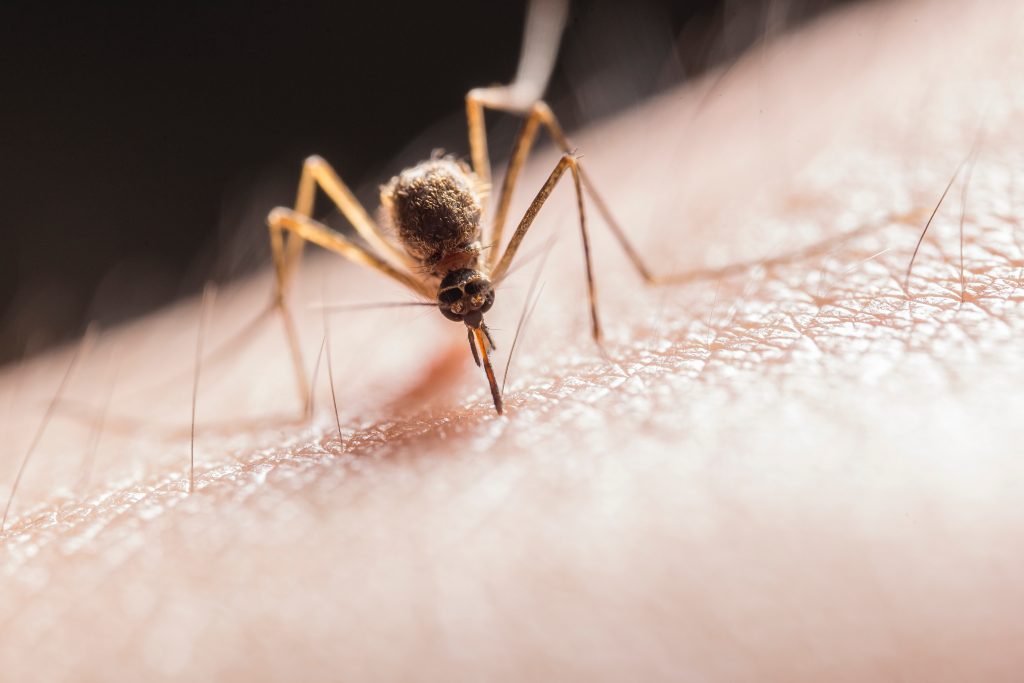Introduction
Dengue fever is a mosquito-borne viral infection that has become a global health concern. It is prevalent in tropical and subtropical regions, with millions of cases reported each year. To protect yourself and your loved ones from this potentially life-threatening disease, it’s essential to be aware of the warning signs of dengue fever. In this article, we will explore seven crucial signs and symptoms that you should never ignore.
What Is Dengue Fever?
Dengue fever is caused by the dengue virus, which is transmitted to humans through the bite of infected female mosquitoes, primarily the Aedes aegypti mosquito. While the symptoms can range from mild to severe, early detection is key to preventing complications.
The 7 Warning Signs
1. High Fever
One of the initial indicators of dengue fever is a sudden high fever. The temperature can spike up to 104°F (40°C) or even higher. This persistent fever is often accompanied by severe headaches and joint pain.
2. Severe Headaches
Intense headaches are common during the early stages of dengue infection. These headaches can be incapacitating and are often described as a throbbing pain behind the eyes.
3. Joint and Muscle Pain
Dengue fever is sometimes referred to as “breakbone fever” because of the excruciating joint and muscle pain it causes. These pains can be debilitating and can last for several days.
4. Skin Rash
A skin rash is another telltale sign of dengue fever. It typically appears a few days after the onset of fever. The rash can be itchy and often spreads to most parts of the body.
5. Bleeding Symptoms
One of the more severe complications of dengue fever is bleeding. Watch out for symptoms such as nosebleeds, gum bleeding, and easy bruising. In some cases, this can escalate to more critical conditions like dengue hemorrhagic fever.
6. Vomiting and Nausea
Nausea and vomiting are common symptoms of dengue fever. These symptoms can lead to dehydration, making it crucial to stay hydrated during the illness.
7. Abdominal Pain
Severe abdominal pain can be a sign of dengue fever, often mistaken for other digestive issues. If you experience abdominal pain along with the aforementioned symptoms, it’s vital to seek medical attention.
Conclusion
Dengue fever is a serious illness that can lead to life-threatening complications. Being aware of the warning signs is the first step in early detection and treatment. If you or someone you know experiences these symptoms, consult a healthcare professional immediately. Prevention through mosquito control and protective measures is also essential in dengue-prone areas.
Frequently Asked Questions
- How is dengue fever diagnosed? Dengue fever is typically diagnosed through a blood test that detects the presence of the dengue virus or its antibodies.
- Are there vaccines for dengue fever? Yes, there are vaccines available for dengue fever, although their availability may vary by region.
- What can I do to prevent dengue fever? Preventive measures include using mosquito repellent, wearing protective clothing, and eliminating mosquito breeding sites around your home.
- Can dengue fever be fatal? In severe cases, dengue fever can be fatal, especially if it progresses to dengue hemorrhagic fever. Early diagnosis and proper medical care are crucial.
- Is dengue fever contagious from person to person? No, dengue fever is not directly transmitted from person to person. It requires a mosquito vector for transmission.

